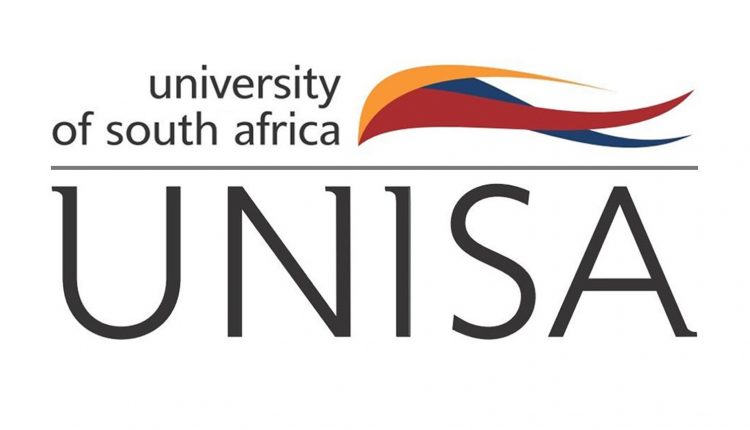Unisa Economist Elize Kruger Wins BMR’s Economist of the Year Award for 2023
The BMR aims to fuel economic and social progress across South Africa and the continent by harnessing market research to inform sound policy decisions. Its research empowers policymakers to create a more inclusive economy that benefits everyone. For many years now, the EoY competition has occupied the centre stage of economic thinking and growth projections in the country.
“Overall, the three top economists provided the most accurate and consistent forecasts for eight economic variables during 2023,” said the EoY organisers. “Given that more than thirty of South Africa’s top economists participated in the competition, the accuracy with which the top three economists predicted 2023’s economic outcomes should be applauded. The competition is subject to an adjudication process whereby the winner is determined through a formula that has remained unchanged since the competition’s inception.”
Given the strategic position of the BMR in the Unisa Corporate Group structure, the Unisa Executive Management Committee in 2022 adopted the co-branding of the EoY competition. Thus, ever since 2022, the EoY trademark has collectively been co-branded by Unisa and the BMR in support of sustainable development and to promote economic growth, predictions, and debates in South Africa.
Decades of consistent and accurate forecasts celebrated
Independent economist, Elize Kruger, a runner-up in the previous year, was announced as the 2023 Economist of the Year based on providing the most accurate and consistent forecasts for eight economic variables during 2023.
With nearly 30 years of experience in both macro- and microeconomic analyses and forecasting, Kruger has worked in the financial, health, transport and energy sectors. She provides a wide range of consulting services to a variety of clients compiling forecasts and publishing in-depth reports while also frequently delivering media commentary and research outcomes on important economic events.
“I have participated in this competition for several years and this is the first time being named EoY, after being runner-up in 2022,” said Kruger. When asked about the relevance of this competition, Kruger explained that the forecasts from the more than 30 entrants go far beyond the competition in that the insights benefit many economic sectors such as small businesses, that might not be able to afford the services of an independent economist.
She continued: “You can look at these forecasts and be better informed on what lies ahead. This year has another layer of complexity in that we have a new political dispensation – the Government of National Unity (GNU). Although this may pose a bumpy ride for the country, I am cautiously optimistic that we can see a potential upside in economic growth if the new government pushes structural reforms in the logistics, transport and energy generation sectors, among others, and realigns the growth policies already in place.”
In conclusion, Kruger stated that the current unemployment rate is unacceptable. “We cannot afford to be complacent about this,” she said, “and I hope the new government will make concerted efforts in lowering unemployment among the youth.”
A rapidly evolving economic landscape
Guest speaker, Dawie Roodt, renowned economist and founder, Director and Chief Economist of the Efficient Group, said that he has been trying to predict variables for a long time, but cautioned that the economy is far too complicated to know what will happen tomorrow by looking at the many variables that are influenced by many facets in the world.
“However,” he continued, “it is possible for economists to pick up certain trends and see how they will fit with changes in the future through making predications.” Among the key indicators he mentioned are demographics, migration, and artificial intelligence. “Technological changes such as artificial intelligence are changing and accelerating growth, and already it is changing the world,” said Roodt.
“As economists,” he said, “we are aware that industries are changing and are becoming more technologically driven. For example, many of the value-added services of agriculture such as precision farming were created in labs with genetic engineering.”
Roodt said that yet another industry to look out for is education. He explained: “The skills set of how to use a computer with a capable hardware and internet connection can get you access to a wider range of skills development knowledge, anywhere in the world – the internet makes all this possible. And this means poor countries will have access to this knowledge.”
The third industry Roodt singled out is personalised medicine. “This,” he said, “includes genetic profiling. In the future I will be able to buy medicine which is genetically engineered for me, or wear apparel that will measure my vitals, check my blood pressure and oxygen content, and much more.”
In his conclusion, Rood congratulated the winner and runners-up of the 2023 EoY competition on their hard work in generating knowledge that will not only immensely contribute to sound policy decisions, but will also create a more inclusive economy for the country and the continent.

